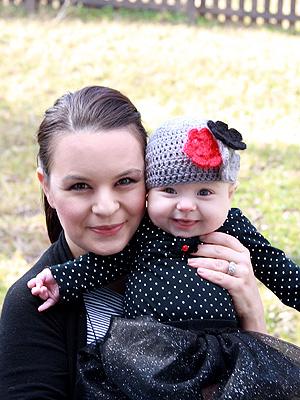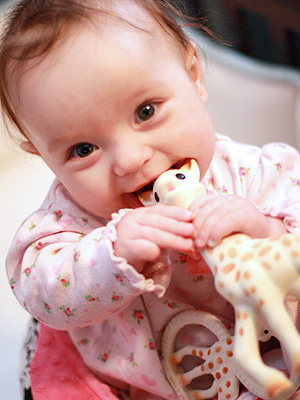ARCHER’S POST, Kenya — Julius Lokinyi was one of the most notorious poachers in this part of Kenya, accused of single-handedly killing as many as 100 elephants and selling the tusks by the side of the road in the dead of night, pumping vast amounts of ivory into a shadowy global underground trade.
But after being hounded, shamed, browbeaten and finally persuaded by his elders, he recently made a remarkable transformation. Elephants, he has come to believe, are actually worth more alive than dead, because of the tourists they attract. So Mr. Lokinyi stopped poaching and joined a grass-roots squad of rangers — essentially a conservation militia — to protect the wildlife he once slaughtered.
Nowadays he gets up at dawn, slurps down a cup of sugary tea, tightens his combat boots and marches off with other villagers, some who had never picked up a gun before and are little more than volunteers, to fight poachers.
“We got to protect the elephants,” said Mr. Lokinyi, whose hooded eyes now glow with the zeal of a convert.
From Tanzania to Cameroon, tens of thousands of elephants are being poached each year, more than at any time in decades, because of Asia’s soaring demand for ivory. Nothing seems to be stopping it, including deploying national armies, and the bullet-riddled carcasses keep stacking up. Scientists say that at this rate, African elephants could soon go the way of the wild American bison.
But in this stretch of northern Kenya, destitute villagers have seized upon an unconventional solution that, if replicated elsewhere, could be the key to saving thousands of elephants across Africa, conservationists say. In a growing number of communities here, people are so eager, even desperate, to protect their wildlife that civilians with no military experience are banding together, grabbing shotguns and G3 assault rifles and risking their lives to confront heavily armed poaching gangs.
It is essentially a militarized neighborhood watch, with loping, 6-foot-6 former herdsmen acting as the block captains, and the block being miles and miles of zebra-studded bush. These citizen-rangers are not doing this out of altruism or some undying love for pachyderms. They do it because in Kenya, perhaps more than just about anywhere else, wildlife means tourists, and tourists mean dollars — a lot of dollars.
It is not unusual here for a floppy-hatted visitor to drop $700 a night to sleep in a tent and absorb the sights, sounds and musky smells of wondrous game. Much of that money is contractually bound to go directly to impoverished local communities, which use it for everything from pumping water to college scholarships, giving them a clear financial stake in preserving wildlife. The safari business is a pillar of the Kenyan economy, generating more than a billion dollars a year and nearly 500,000 jobs: cooks, cleaners, bead-stringers, safari guides, bush pilots, even accountants to tally the proceeds.
Surprisingly, many jobs in the safari industry can pay as much as poaching. Though the ivory trade may seem lucrative, it is often like the Somali pirate business model, with the entry-level hijacker getting just a minuscule cut of the million-dollar ransoms. While a pound of ivory can fetch $1,000 on the streets of Beijing, Mr. Lokinyi, despite his lengthy poaching résumé, was broke, making it easier to lure him out of the business.
Villagers are also turning against poachers because the illegal wildlife trade fuels crime, corruption, instability and intercommunal fighting. Here in northern Kenya, poachers are diversifying into stealing livestock, printing counterfeit money and sometimes holding up tourists. Some are even buying assault rifles used in ethnic conflicts.
The conservation militias are often the only security forces around, so they have become de facto 911 squads, rushing off to all sorts of emergencies in areas too remote for the police to quickly gain access to and often getting into shootouts with poachers and bandits.
“This isn’t just about animals,” said Paul Elkan, a director at the Wildlife Conservation Society, who is trying to set up community ranger squads in South Sudan modeled on the Kenyan template. “It’s about security, conflict reconciliation, even nation building.”
The rangers tend to be hardened and uneducated, drawn from different ethnic groups and the surplus of unemployed youth. Gabriel Lesoipa was a goat herder; Joseph Lopeiyok, a cattle rustler; John Pameri won his coveted spot because he was fast — at the time he was selected, the first entry requirement was a grueling 11-mile race.
Many are considered warriors in their communities, experts in so-called bushcraft from years of grazing cattle and goats across the thorny savanna — and defending them against armed raiders. They can follow faint footprints across long, thirsty distances and instantly intuit when someone has trespassed on their land.











